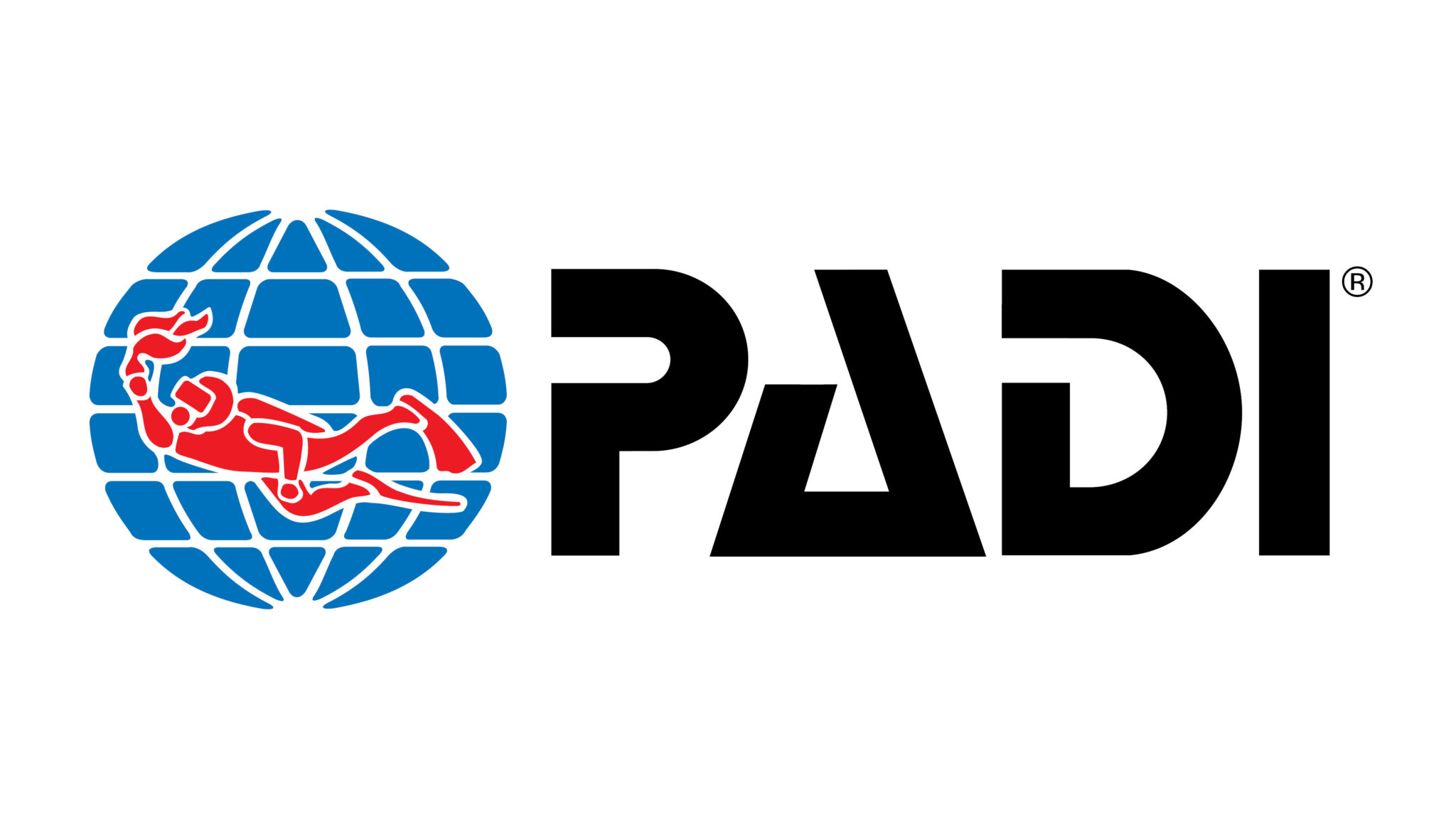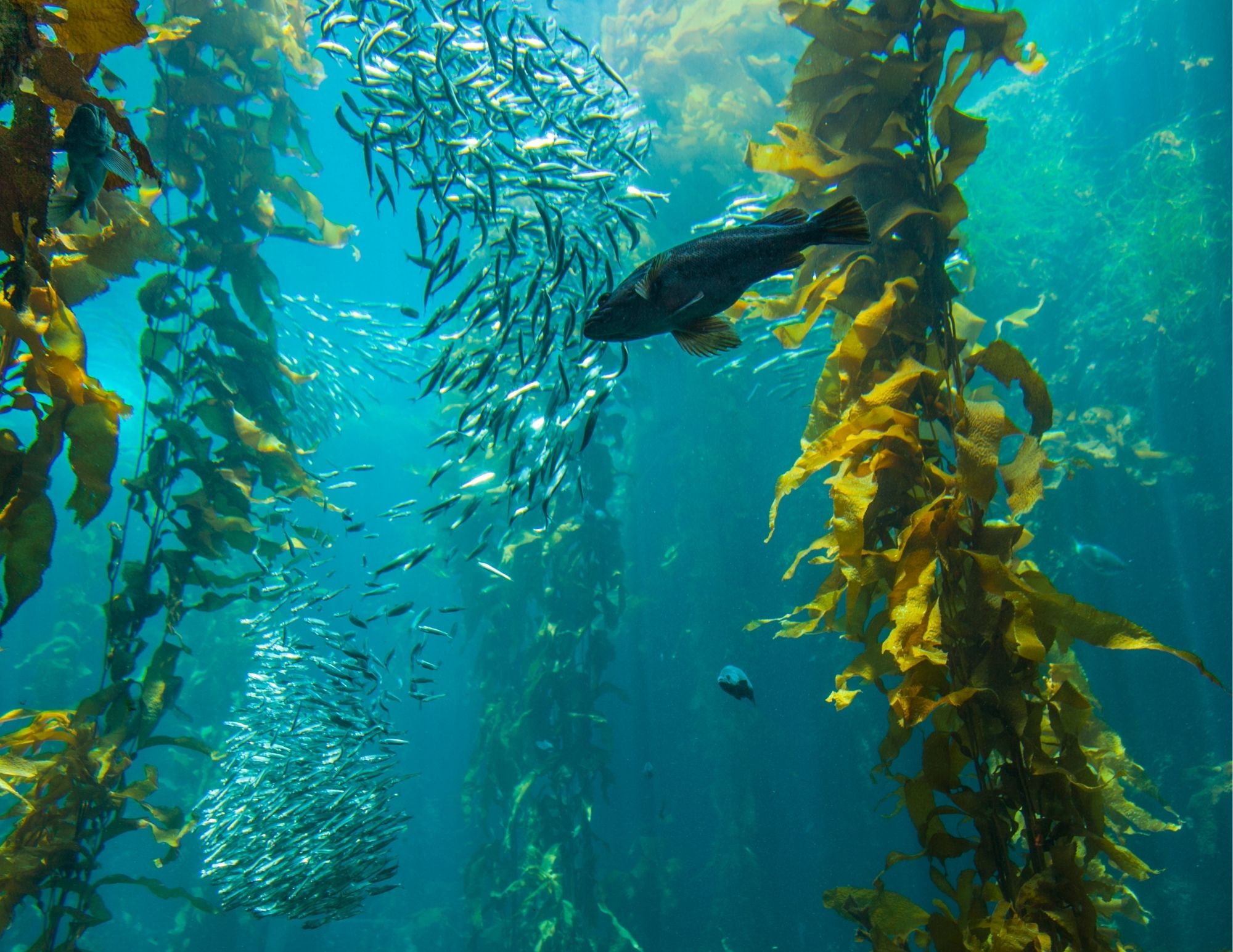Ocean Wishes Diving Scholarship
Ocean Wishes Scuba Diving Scholarship
Supporting Future Marine Scientists and Ocean Conservationists


Are you a student with a passion for the ocean?
Ocean Wishes and Ocean Institute are offering scholarships for PADI Open Water/Jr. Open Water scuba diving certification to students eager to explore the underwater world! This scholarship grants $500 towards scuba training, certification, and gear rental – helping you take the first step toward marine research, conservation, or a lifetime of adventure.
Applications are closed.
Eligibility Requirements
Middle school, high school or college students local to Orange County (10 years or older)
Currently studying or planning to study marine/environmental science, oceanography, conservation biology, etc.
One application per individual per grant period
No disqualifying medical conditions (e.g., asthma, epilepsy, etc.)
Ability to fulfill certification within schedule of given dive shop

Application Guidelines
This scholarship is open to residents of southern California or the ability to travel to southern California
Provide your personal information correctly to the best of your ability by Sunday, August 31st, 2025 at 11:59 PM
Two letters of recommendation are required from people in your community (teachers, coaches, mentors, club advisors, etc.)
The references should send the recommendation to recruitment@oceaninstitute.org
The email subject line should read “Recommendation for [Applicant’s Full Name]”
Recommendations should be sent by Sunday, August 31st, 2025 at 11:59 PM
Communicate all medical conditions that may interfere with safe scuba diving (see below in FAQ section)
Applications will be accepted until August 31st, 2025 at 11:59 PM. Applications will be reviewed within 3-5 business days of submission, and acceptances may be communicated before the deadline.
Spots are limited – submit your application now. The sooner, the better!
Personal Statement
Applicants will be required to write a personal statement describing the following in 700 words:
- Your interest in ocean, marine environments, and conservation
- Your current academic pursuits and how they relate to ocean/environmental sciences
- Why you are interested in scuba diving and how you feel this experience will contribute to your personal and professional goals
- Any past experiences related to environmental advocacy, marine life, diving, leadership activities, or volunteer work

Applications are closed.
About The Scholarship
Who can apply?
Middle school, high school and college students (must meet basic swimming requirements) with
- a passion for ocean education, conservation, or marine science
- an interest in using scuba skills for future opportunities
- resident of southern California or the ability to travel to southern California
How do I submit an application?
Click any button on this page that says APPLY NOW to access the application. You will submit your application questions and personal statement there. Be sure to look out for the confirmation page to ensure your responses were submitted.
The applicant’s references can submit their letters to recruitment@oceaninstitute.org directly with the proper subject line, “Recommendation for [Applicant’s Full Name]”.
Which dive shops can I go to when I am awarded this scholarship?
Any dive shop that offers PADI certification courses with open course availability. Ocean Institute will coordinate with Ocean Wishes and your preferred dive shop to handle payment, before handing over the necessary registration steps to you.
Dive shops closest to Ocean Institute:
- Beach Cities Scuba Dana Point/Laguna Beach
- Beach Cities Scuba Laguna Beach
About PADI Courses
Find more FAQs on the PADI website here:
https://www.padi.com/help/scuba-certification-faq
How do I learn to scuba dive?
Becoming a scuba diver is a wonderful adventure! Scuba certification includes three phases:
Take your first step in learning to dive by obtaining your PADI Open Water Certification.
1. Knowledge Development
During the first phase of your scuba lessons, you’ll learn the basic principles of scuba diving such as
- What to consider when planning dives.
- How to choose the right scuba gear for you.
- Underwater signals and other diving procedures.
You’ll learn this valuable information by reading it in the PADI Open Water Diver Manual or by using the PADI Open Water Diver eLearning. At the end of each chapter, you’ll answer questions about the material to ensure you understand it. Along the way, let your PADI Instructor know if there is anything you don’t understand. At the end of the course, you’ll take a final exam that ensures you have thorough knowledge of scuba diving basics.
You’ll also watch videos that preview the scuba skills you’ll practice in a swimming pool or pool-like environment. In addition to the video, your instructor will demonstrate each skill for you.
2. Confined Water Dives
This is what it’s all about – diving. You’ll develop basic scuba skills in a pool or in confined water – a body of water with pool-like conditions, such as off a calm beach. The basic scuba skills you learn during your certification course will help you become familiar with your scuba gear and become an underwater explorer. Some of the essential skills you learn include:
- Setting up your scuba gear.
- How to get water out of your mask.
- Entering and exiting the water.
- Buoyancy control.
- Basic underwater navigation.
- Safety procedures.
You’ll practice these skills with an instructor until you’re comfortable. When you’re ready, it’s time for your underwater adventure to begin at an open water dive site.
3. Open Water Dives
After your confined water dives, you’ll head to open water, where you and your instructor will make four dives, usually over two days. On these dives you’ll get to explore the underwater world. You’ll apply the skills you learned in confined water while enjoying what the local environment has to offer. Most student divers complete these dives close to home, but there is an option for finishing your training while on holiday. Your PADI Instructor can explain how you can be referred to another PADI Instructor in a different location.
What are the requirements for learning to scuba dive?
If you have a passion for excitement and adventure, chances are you can become an avid PADI Diver. You’ll also want to keep in mind these requirements:
The minimum age is 10 years old (in most areas). Student divers who are younger than 15 earn the PADI Junior Open Water Diver certification, which they may upgrade to PADI Open Water Diver certification upon reaching 15. Children under the age of 13 require parent or guardian permission to register for PADI eLearning.
All student divers complete a brief scuba medical questionnaire that asks about medical conditions that could be a problem while diving. If none of these apply, sign the form and you’re ready to start. If any of these apply to you, your doctor must, as a safety precaution, assess the condition as it relates to diving and sign a medical form that confirms you’re fit to dive. In some areas, local laws require all scuba students to consult with a physician before entering the course. Download the scuba medical questionnaire.
Before completing the PADI Open Water Diver course, your instructor will have you demonstrate basic water skills to be sure you’re comfortable in the water, including:
- Swim 200 metres/yards (or 300 metres/yards in mask, fins and snorkel) without stopping. There is no time limit for this, and you may use any swimming strokes you want.
- Float and tread water for 10 minutes, again using any methods you want.
Any individual who can meet the performance requirements of the course qualifies for certification. There are many adaptive techniques that allow individuals with physical challenges to meet these requirements. People with paraplegia, amputations and other challenges commonly earn the PADI Open Water Diver certification. Even individuals with more significant physical challenges participate in diving. Talk to your PADI Instructor at your local PADI Dive Center or Resort for more information.
Each diver must have a personal set of the learning materials to use during the course and for reference after the course. There are several options available, depending on your learning style and technology preference, including:
PADI Open Water Diver eLearning
PADI Open Water Diver Manual, and watching the Open Water Diver Video on DVD either on your own or with your instructor
Your local PADI dive shop can provide one of the options above as part of the course enrollment process. You’ll also need a logbook and a dive-planning device such as a dive computer, RDP table or eRDPML. Your instructor will have you use the PADI Skill Practice and Dive Planning Slate during training, and you’ll find this tool useful once you’re certified.
How long does it take to get certified?
The PADI Open Water Diver course is flexible and performance based, which means that your PADI dive shop can offer a wide variety of schedules, organized according to how fast you progress. It’s possible to complete your confined and open water dives in three or four days by completing the knowledge development portion via PADI eLearning, or other home study options offered by your local dive shop or resort.
Your PADI Instructor will focus on helping you become a confident and comfortable diver, not on how long it takes. You earn your certification based on demonstrating you know what you need to know and can do what you need to do. This means that you progress at your own pace – faster or slower depending upon the time you need – to become a competent scuba diver.
What gear will I need to scuba dive?
Choosing and using your scuba gear is part of the fun of diving. Your local PADI Dive Center or Resort will help you find the right gear. Each piece of scuba equipment has a different function so that together, it adapts you to the underwater world.
When you start learning to scuba dive, as a minimum, you’ll want your own:
- Mask
- Snorkel
- Fins
These have a personal fit, and your local PADI dive shop will help you choose gear with the best fit and features for you.
During your PADI Open Water Diver course, you’ll learn to use a regulator, buoyancy control device (BCD), dive computer or dive planner, scuba tank, wetsuit or dry suit and weight system. Check with your local PADI Resort or dive shop to confirm what equipment is included in your course package. Consider investing in all your own scuba equipment when you start your course because:
- You’re more comfortable learning to scuba dive using gear you’ve chosen.
- You’re more comfortable using scuba gear fitted for you.
- Scuba divers who own their scuba diving equipment find it more convenient to go diving.
- Having your own scuba diving gear is part of the fun of diving.
Will a history of ear troubles, diabetes, asthma, allergies, or smoking preclude someone from diving?
Not necessarily. Any condition that affects the ears, sinuses, respiratory or heart function, or may alter consciousness is a concern, but only a doctor can assess a person’s individual risk. Doctors can consult with the Divers Alert Network (DAN) as necessary when assessing fitness to dive. Download the medical statement to take to your doctor.
Applications are closed.
